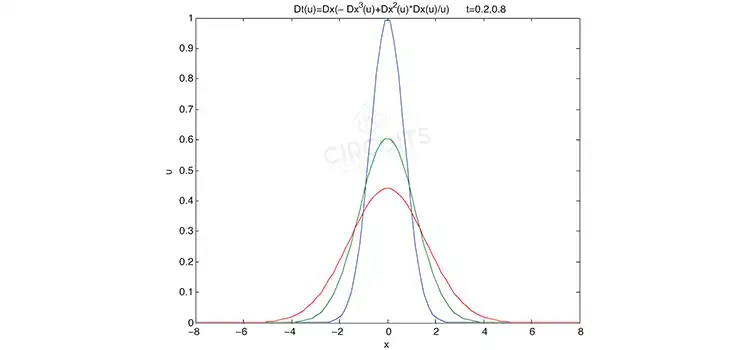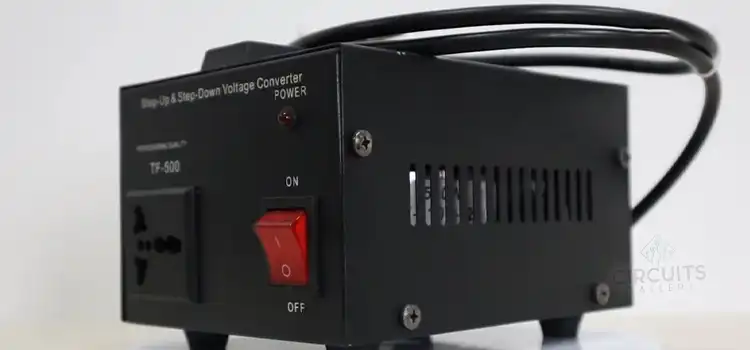[Explained in Details] Can Low Battery Voltage Cause Misfire?
If a battery’s voltage level has fallen to the point where it is insufficient for a system or device to operate correctly, this condition is often referred to as Low Battery Voltage.
In a car, The battery and alternator are mainly in charge of supplying the electrical power systems required to operate. Low battery voltage may cause an automobile’s engine to misfire. In this article, we’ll talk about misfires caused by low battery voltage and how to avoid it.
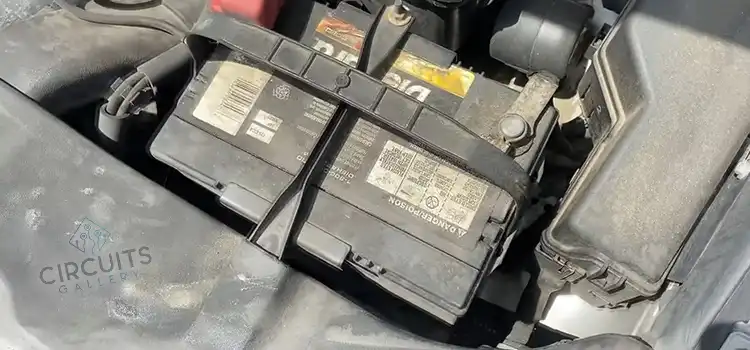
How Does Low Battery Misfire Happen?
Misfires happen when one or more cylinders in the engine fail to ignite the air-fuel mixture at the right time, leading to a rough-running engine. Low battery voltage can contribute to misfires in several ways:
- Weak Spark: You have spark plugs in an internal combustion engine. It ignites the air-fuel combination, which in turn produces a high voltage. Low battery voltage also puts the system at risk of not producing a sufficient spark, which results in weak cylinder ignition. This may cause misfires.
- Reduced Cranking Speed: One can note that the battery provides the necessary electrical power to turn the starter motor when starting the engine. So, low battery voltage can reduce cranking speed, making it difficult to start the engine. Even if the engine eventually starts, it may run unevenly, leading to misfires.
- Voltage-Sensitive Sensors: Modern vehicles depend on various sensors to monitor and control the engine’s performance. And these sensors need a stable electrical voltage to function correctly. Examples of such sensors include the crankshaft position sensor.
A low battery voltage can lead to erratic sensor readings, potentially causing the engine control unit (ECU) to misfire cylinders.
- Fuel Pump Voltage: Another part is the fuel pump. It helps give gasoline to the engine. Due to low battery voltage, it might malfunction. The fuel pump may not supply fuel at the proper pressure and volume if it doesn’t get enough voltage. This is a probable reason why misfires occur. Because in this case, a lean air-fuel combination takes place.
- Battery Voltage Drops Under Load: When an engine is operating, electrical components such as headlights, air conditioning, or power windows drain electricity from the alternator and battery.
Under these loads, if the battery voltage decreases noticeably, it may affect the stability of the entire electrical system and may result in misfires.
What to Do If a Bad Battery Causes a Misfire
Bad batteries may cause misfires. Here are some proper steps you should take in case your battery misfires:
- Ensure Safety First: Firstly, always ensure your safety and the safety of others. While driving, the engine may misfire. It may also affect vehicle performance and handling. In a critical situation, it is better to stop in a secure location, turn off the engine, and look into the problem.
- Check the Battery: Make sure that the battery is the source of problems by checking the conditions. Examine the battery’s terminals and cables for corrosion. If any significant corrosion is seen, clean it off using a wire brush, baking soda, and water. Make sure the terminals are connected.
- Charge or Replace the Battery: You can try charging the battery using a battery charger if the battery voltage is too low. If the battery is too old or has been having continuous problems, it is best to replace the battery.
For information on the ideal battery parameters for your automobile, speak with a professional or consult the owner’s handbook.
- Inspect Ignition and Fuel System: A misfire can also be caused by problems in the ignition and fuel system, including faulty spark plugs, ignition coils, or ignition wires. Inspect these components for wear, damage, or signs of malfunction, and replace them if necessary.
- Visit a Mechanic: If the misfire persists after addressing potential causes, it’s better to seek professional assistance from a qualified mechanic. They can identify the root cause of the problem by performing a comprehensive diagnostic test
Frequently Asked Questions and Answers – FAQs
Can Misfiring Be Harmful to My Car?
Misfiring can be harmful to the engine in the long term. The improper fuel injection can cause the engine to run over time, overheating it. Moreover, the catalytic converter can also be harmed, along with the engine itself. If misfiring isn’t fixed, it may lead to the engine being harmed as well in the long term.
What Happens If the Battery Voltage is Too Low?
If the battery voltage falls too low, the battery may be harmed. A normal 12-volt vehicle battery, for instance, will have around 12.6 volts when completely charged. It just has to fall to about 10.5 volts to be deemed fully discharged. Due to severe sulfation, the battery will be harmed if it drops below that level.
Can a Flat Battery Cause a Misfire?
A bad battery might quickly start a fire or explosion in the car. However, if the current from the battery drops before the ignition system can light or the vehicle isn’t connected, the spark is weak.
Conclusion
A poor battery frequently fails to serve as a capacitor. It enables the alternator’s transient spikes to completely wreck the system. It may cause some serious issues such as misfires. However, using caution and following the right procedures may assist with the issue.
Subscribe to our newsletter
& plug into
the world of circuits
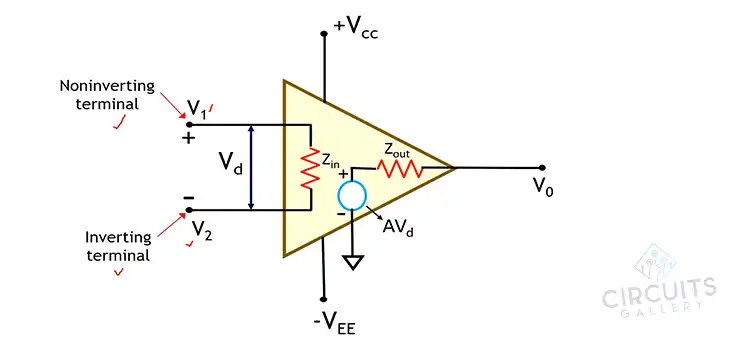
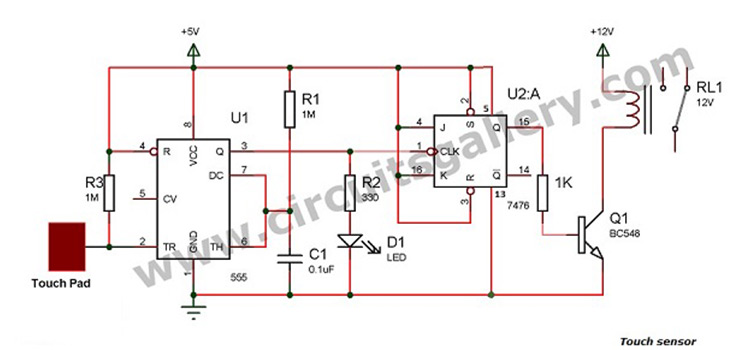

![What Is the Purpose of the Additional 4 Pin Connector on Your New Power Supply [Decoding The Mystery]](https://www.circuitsgallery.com/wp-content/uploads/2023/07/What-Is-the-Purpose-of-the-Additional-4-Pin-Connector.webp)
